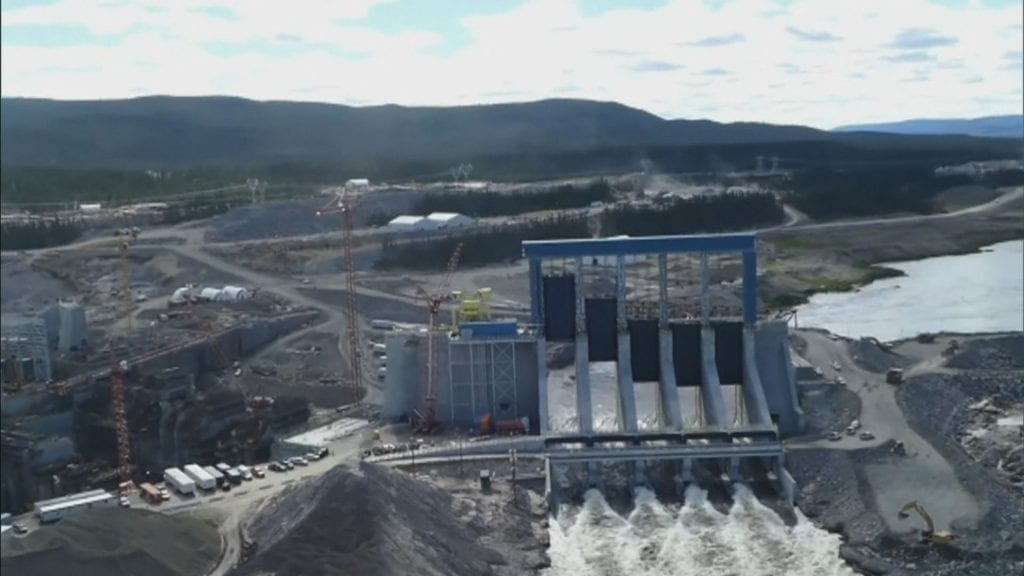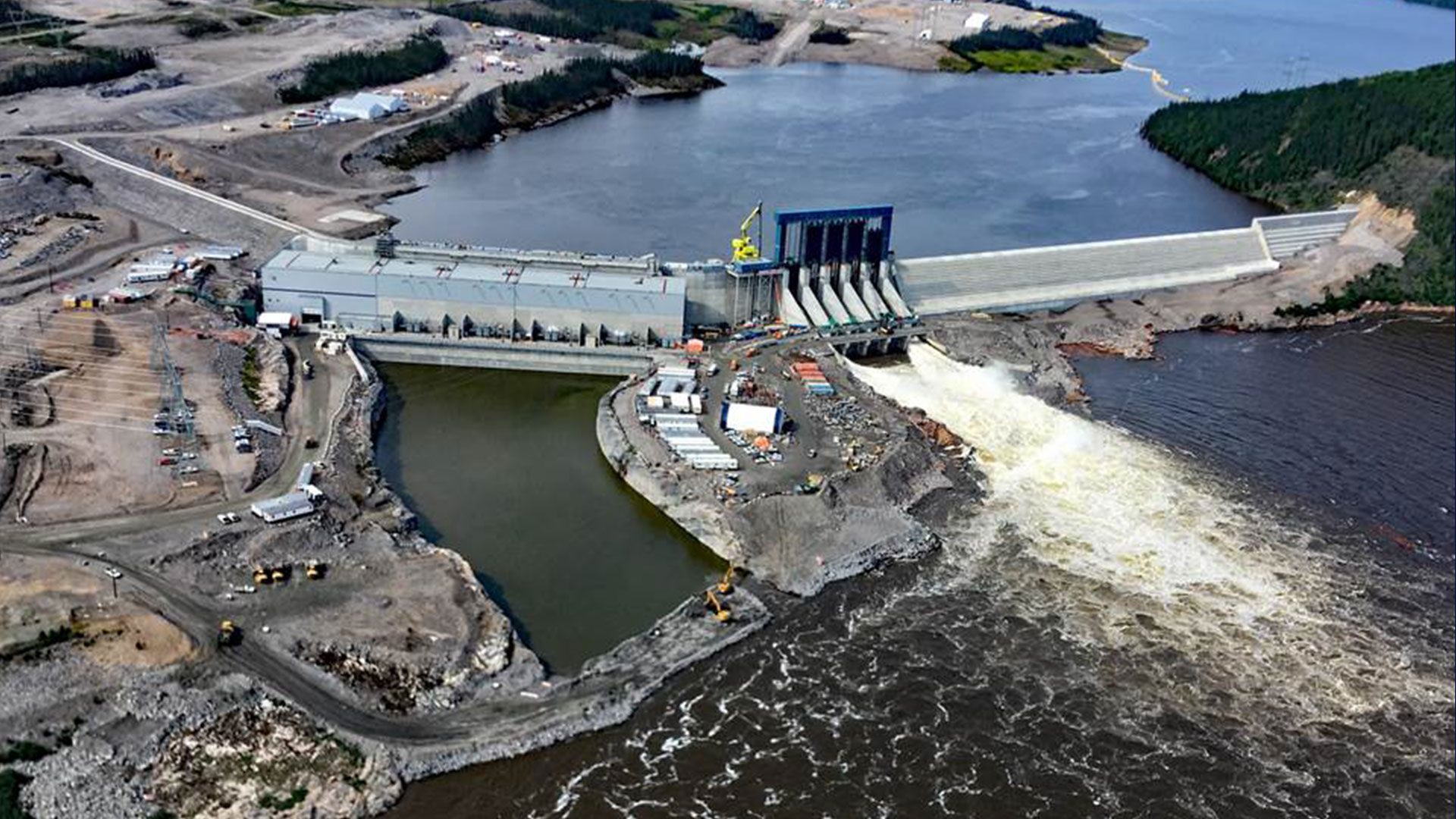
The Innu Nation in Labrador says it was not told about the deal that will alleviate the financial hit expected to drop on the people of Newfoundland and Labrador caused by the financial disaster that is the Muskrat Falls hydro project.
According to a statement from the Innu Nation and reported by The Canadian Press, it was assured it would be kept in the loop despite the impact on its people of past energy agreements, such as the 1969 Churchill Falls deal with Quebec.
“This time, unlike 1969, our voices will be heard and our rights will be respected,” the statement said. “Our land is not a commodity to be sold to solve (Newfoundland and Labrador’s) economic crisis.”
Prime Minister Justin Trudeau announced Wednesday a $5.2-billion deal to help Newfoundland and Labrador cover the costs of its troubled Muskrat Falls hydroelectric project.
Trudeau’s visit to St. John’s, N.L., comes amid growing speculation that a federal election is on the horizon.
Premier Andrew Furey, who joined Trudeau for the hydro announcement, said the federal money will help Newfoundland and Labrador avoid a spike in electricity rates that had been feared when Muskrat Falls begins generating power this November.
“Muskrat Falls has been the No. 1 issue facing Newfoundlanders and Labradorians now for well over a decade,” Furey said, adding that he is regularly asked by people whether their electricity rates are going to double.
“We landed on a deal today that I think — I know — is a big deal for Newfoundland and Labrador and will finally get the muskrat off our back,” he said.
The money will help cover costs set to come due when the Labrador project comes online, preventing rate increases that would have been necessary to pay the bills.
Canada is giving the province $3.2 billion from its share in the Hibernia oilfield off the coast of St. John’s, while the remaining $2 billion comes from loan guarantees and a $1-billion investment in the province’s portion of the Labrador-Island Link.
Trudeau, whose Liberals hold six of the province’s seven electoral ridings, called the agreement “a big step in the right direction” and said the funding “will ensure financial sustainability of the project while protecting people from major electricity increases.”
Electricity rates in the province will rise when the project comes online, to 14.7 cents per kilowatt hour from the current 12.5 cents, but that’s well below the projected 23 cents that officials had said would be needed to cover the project’s costs. Muskrat Falls was commissioned in 2012 at a cost of $7.4 billion, but its price tag has since ballooned to $13.1 billion.
Ottawa previously backed Muskrat Falls with billions of dollars in loan guarantees, and in December, Trudeau announced he had appointed Serge Dupont, former deputy clerk of the Privy Council, to oversee negotiations with the province about financially restructuring the project.
Furey has likened Muskrat Falls to an “anchor around the collective souls” of the province. Its looming impact on provincial finances is set against an already grim financial situation: the province projected an $826-million deficit in its latest budget, coupled with $17.2 billion in net debt.
With files from The Canadian Press











